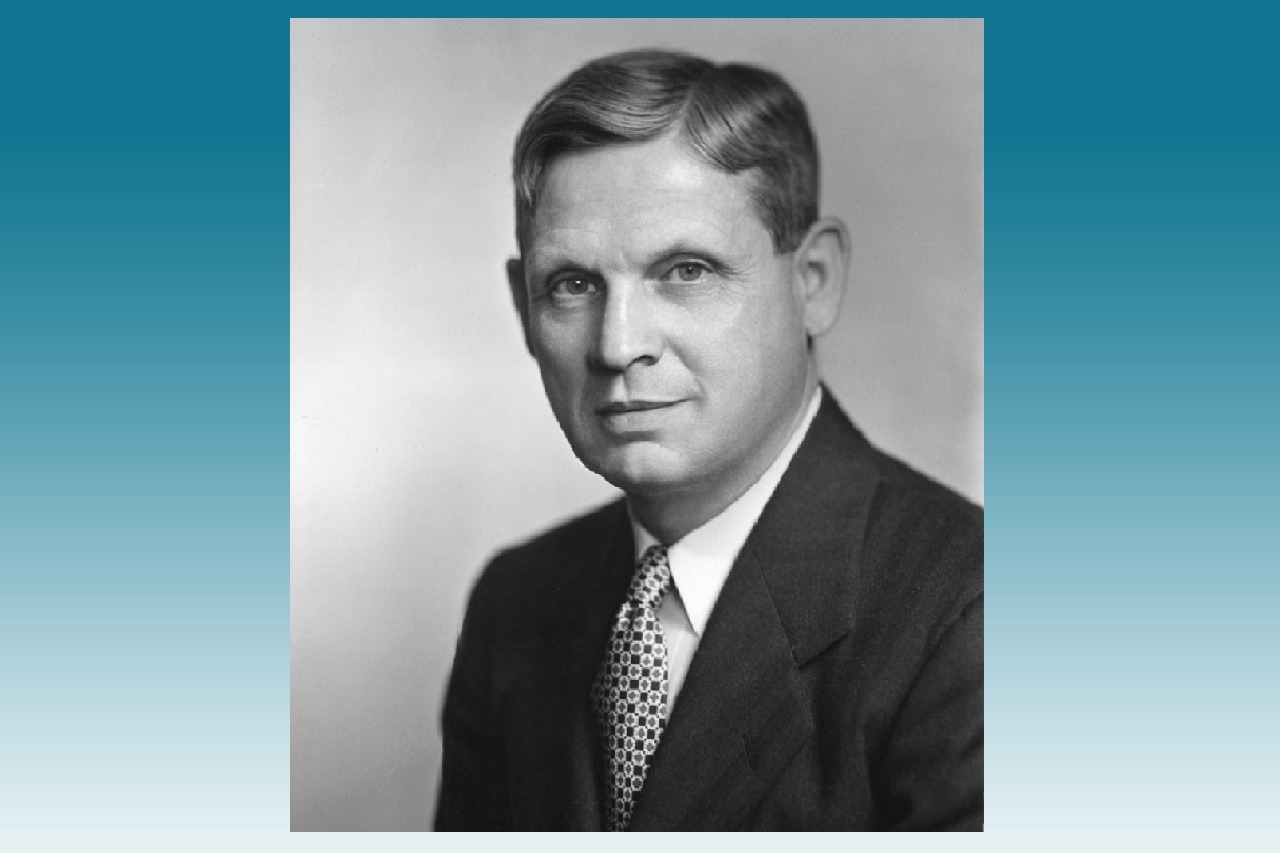Dr. Nathaniel Kleitman was an American neurophysiologist who had devoted his entire research activity to the study of sleep as a phenomenon. He is considered “The Father of Sleep Research” and one of the discoverers of the rapid eye movement (REM) stage.
As The New York Times wrote in an article published upon the scientist’s death in 1999, in an experiment conducted in 1953, Kleitman along with his student Dr. Eugene Aserinsky at the University of Chicago recorded regular periods of sudden eye movements during sleep. Thus the discovery of REM was made. People who were awakened during REM sleep recalled dreams, unlike those who woke up during non-REM sleep.
In 1956, with another student, Dr. William Dement, Kleitman reported that certain types of eye movements were associated with certain types of motion in dreams, and that the average person dreams for a total of about two hours every night.
The scientist dispelled a number of myths about sleep. For example, that newborn babies need 20 to 22 hours of sleep a day (he found that 15 hours was the norm); that an hour of sleep before midnight is worth two or three hours later; that dreams last only a few seconds (they last 10 to 30 minutes), and that people should wake up refreshed after a good night’s sleep (drowsiness is normal).
According to Dr. Allan Rechtschaffen, Professor Emeritus of Psychiatry at the University of Chicago, Kleitman was “the first to take a deep, complete, absorbing interest in sleep, the first to compile the knowledge of sleep into a unified text, and with his students, the first to map out the multiple discreet stages of sleep.” “For the first time, we’d found the dream,” added Dr. Wilse Webb, a Professor Emeritus in Psychology from the University of Florida.
Get all the latest news about lucid dreams via our channels on Telegram, Facebook, Twitter




